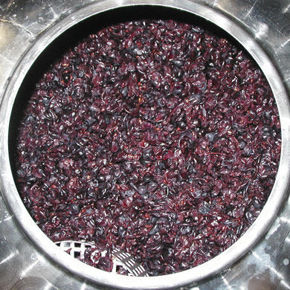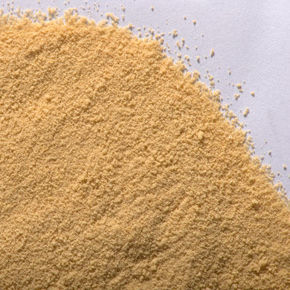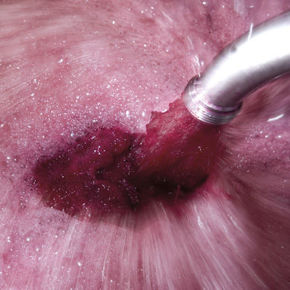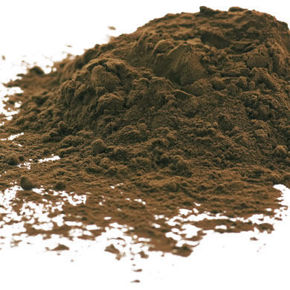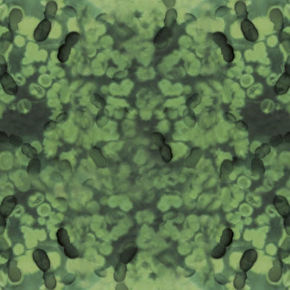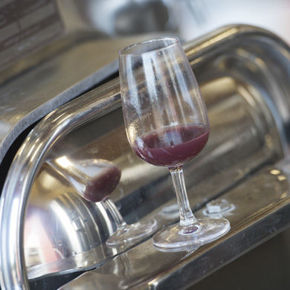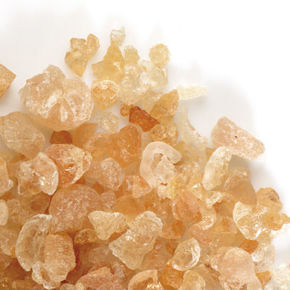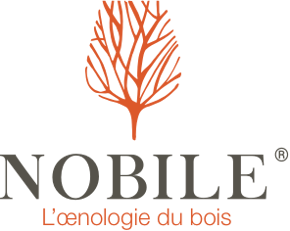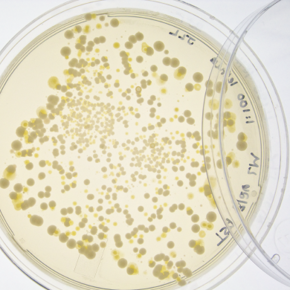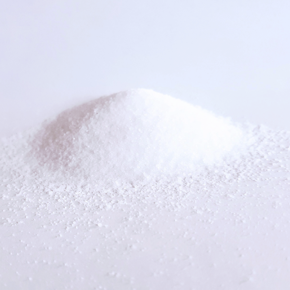LAFFORT’s R&D commitment:
BIOLAFFORT*
Promoting innovation and creativity to develop
precision oenology based on knowledge.
*The LAFFORT® Group’s R&D subsidiary
Founded in 1895, LAFFORT® has been involved in all key stages in the development of oenology, and particularly in many discoveries in modern oenology. These discoveries have contributed to the development of new stabilisation techniques using mannoproteins.
Timeline LAFFORT®
DownloadUniversity partnerships all over the world
Collaboration with recognised research centres worldwide. 30 theses and 20 post-doctoral studies funded.
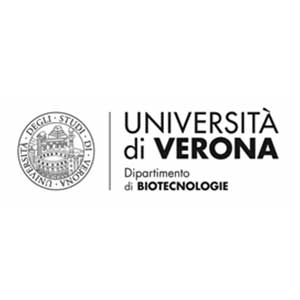
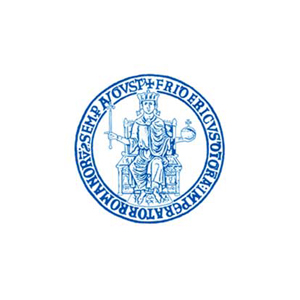

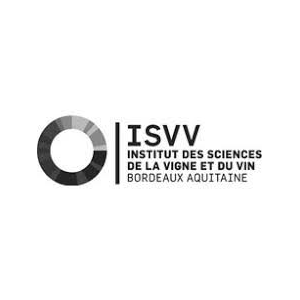



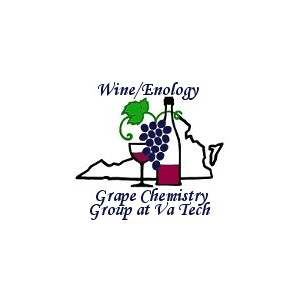
In-house resources for applied research
Internal R&D projects carried out by a multidisciplinary team of 10 permanent researchers (6 microbiologists, 4 chemists) using state-of-the-art equipment and ongoing scientific monitoring.
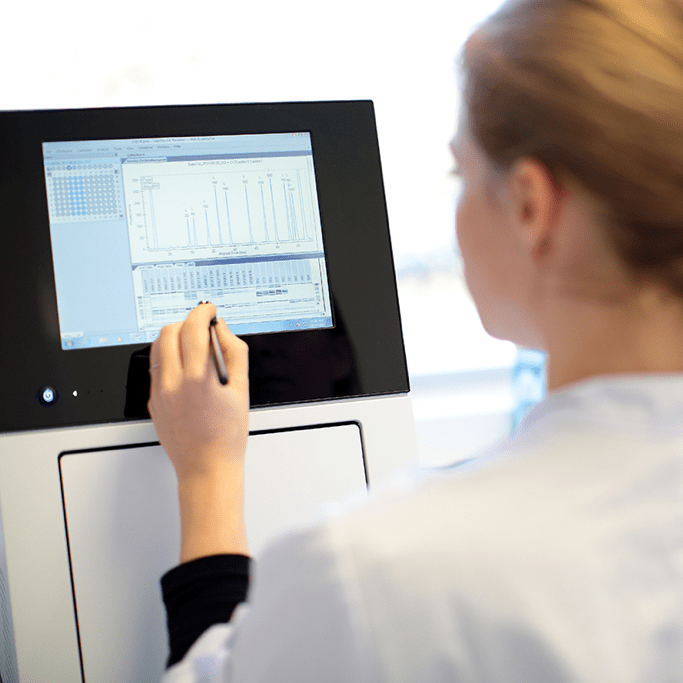
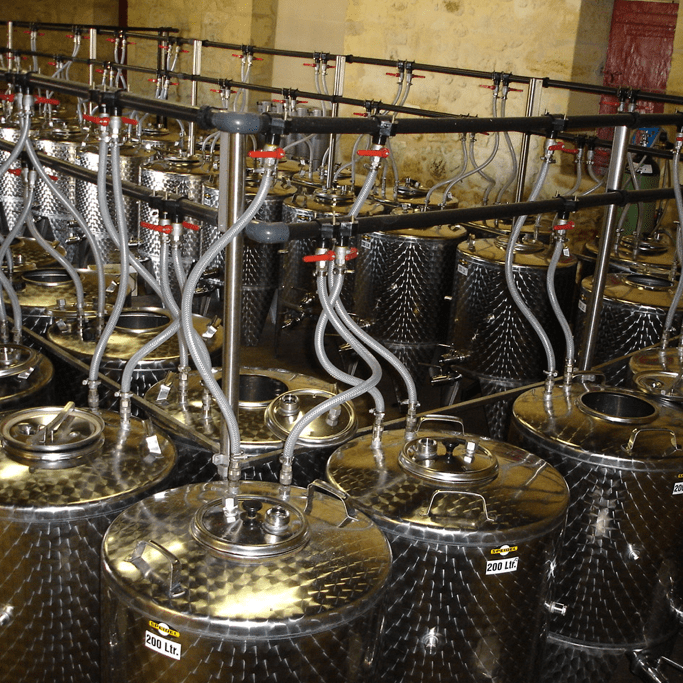
Full scale trials in controled conditions
One experimental vinification centre containing 40 x 2hL tanks to test the research results in rigorous practical conditions.
Unique expertise in oenology
Original approaches to selecting microorganisms: establishing Quantitative Trait Locus (QTL), intra- and interspecific breeding, and directed mass selection based on innovative criteria.
An integrated approach to microbial biodiversity to gain a better understanding of microorganisms in their environment and to learn how they contribute to wine quality.
Innovative tools to develop products derived from yeast for use in winemaking.
Identification of the aroma molecules responsible for the typicity of wines and the macromolecules (tannins, proteins, polysaccharides) that affect quality.
Communicating and promoting the results of research
Over 120 scientific publications and 65 professional publications.
21 patent families developing the knowledge that has emerged from this research work.
Many industry awards for these innovations.
Development of innovative products focused on precision oenology (ZYMAFLORE® X range, TANIN VR SUPRA®, TANIN VR COLOR®, MANNOSTAB®, OENOLEES®, VEGECOLL®, non-Saccharomyces ZYMAFLORE® ALPHA and ZYMAFLORE® EGIDE, …).
Some of these themes include:
Identification of the molecules responsible for aroma in Sauvignon wines and their genesis, from the grape to the wine.
Development of tools for measuring protein-tannin interactions, from charge density to microcalorimetry, including the electronic tongue.
Study and improvement of enzymatic preparations for the release of specific molecules.
The development of high-performance Oenococcus oeni strains has been made possible thanks to research work on the physiology and genetic characterisation of lactic bacteria in wine associated with production techniques exclusively developed by LAFFORT® and adapted inoculation methods. This MLF management also contributes towards preventing spoilage due to the growth of undesirable microorganisms, and also helps to control costs.
Study and selection of yeast strains firstly from an ecological point of view, secondly thanks to new genetic tools, DNA chips, cross breeding and now controlled cross breeding.
Understanding biochemical and physiochemical phenomena associated with lees maturation, which contribute towards improving the gustatory qualities and stability of wines.

